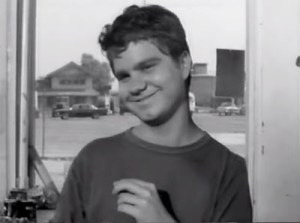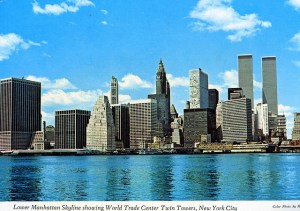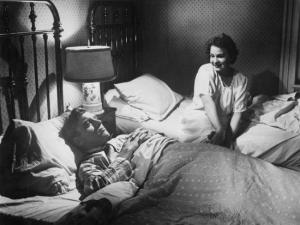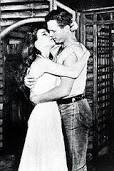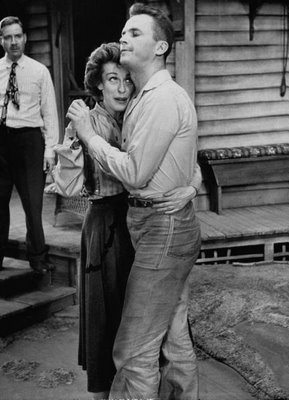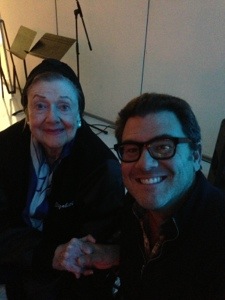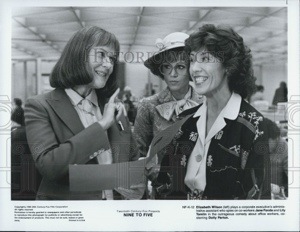One of the mostly darkly comic moments of my high school career was the day of officer elections for Fellowship of Christian Athletes. It was my junior year and I had been very involved in Fellowship of Christian Athletes (FCA) since my freshman year. I went to every meeting, every weekend retreat, every Tuesday night bible study. I wasn’t really an athlete, but I sure was a Christian and I had every Amy Grant cassette tape to prove it.
If you are a person that remembers high school, you might remember how some clubs were a little nerdier than others. FCA was not a nerd club. I’ll never forget my freshman year, going to meetings, spellbound by the devotions given by junior and senior club leaders, popular boys and girls, who talked about how their relationship with Jesus really helped them get through the day. And also, to win games.
By my junior year, FCA was the one club I was most involved in. Many of the people I considered my best friends were also in that club.
When officer elections came up that year, I knew that I really wanted to hold some kind of office during my senior year. I aspired to be that upperclassman giving devotions, inspiring freshman about how Jesus really makes your day better. So I signed up to run for every office: president, vice president, secretary, treasurer. I think there was even something called stu-co rep that I threw my name into the hat for. I was sure that with all that putting myself out there, something would pay off. Clear eyes, full hearts, can’t lose.
The day of elections, my first clue of the tragicomedy to come was that every FCA member in the school showed up to vote. While FCA boasted a large membership, meeting attendance was never mandatory and often not heavily attended. That day was the exception, every lumbering football player, towering basketball player and Aqua-Netted varsity cheerleader showed up to vote for officers that day.
The first office that we voted for was president. I don’t remember how many candidates there were, I don’t remember who won. I just remember it wasn’t me.
I won’t drag this out for you the way that afternoon dragged on for me, but each election bore the same result. Each time my fellow FCA members had an opportunity to vote, they voted for the other candidate. By the time we got down to stu-co rep, there were snickers that travelled through the auditorium when my name was announced as one of the candidates. Like Carrie at the prom, in the moments after that pigs’ blood fell on her head, I realized that whatever it was that I wanted from these people, boys and girls I considered my peers, I was not going to get it. By a show of hands, the vote took place. Someone other than me won.
That afternoon, after the calamitous election, I went home and took to my waterbed. I don’t remember crying specifically, but I probably did. What I most remember is laying there, heartbroken and embarrassed. In all my years of living in Independence, I don’t think I ever felt so alone.
My only consolation was that someday I would leave Independence and leave Kansas and show them all. I would have a wildly successful adult life and when I came back to Independence to visit, everyone would clamor around me, wanting to get close enough that my stardust might rub off on them.
And while I have left Independence and left Kansas, my life is just kind of a life. Not too glamorous, barely any stardust at all.
Did I have any idea, on that lonely spring afternoon, as I pouted in my bedroom, how many times I would think of that day in the 30 years to come? I don’t think I did.
On that afternoon, I decided I was not going to be a member of FCA my senior year. I would not be sharing my athleticism or my Christianity with people who did not appreciate it. And I held to that resolution. Instead, my senior year was filled with rehearsals and performances for four different plays.
It’s no wonder I loved being on stage, acting in these plays. The thought of becoming someone else is what I’d spent 17 years dreaming about.
One of the plays I did in that busy senior year was written by William Inge. The play, A Loss of Roses, was Inge’s first big Broadway failure, the first of more than a few.
Inge wrote quite a bit about his hometown, my hometown. In his adulthood, he did not spend a lot of time in Independence. From what I’ve read, I don’t think he liked visiting. An overly sensitive man, a success who never stopped feeling like a failure, I think his visits home dredged up too much pain.
It’s always a little embarrassing to write about one’s pains, one’s sensitivities. Inge did it beautifully, but now, now that we know how much sadness he bore his entire life, it’s heartbreaking. Lola, always ready to play the victim, but stronger than she realizes. Rosemary, on her knees begging a man she may not even love to marry her because the loneliness is killing her. Millie, overshadowed by her beautiful sister, defiant that one day she would leave Independence and live a successful, decorated life.
Sometimes I worry that I am in a downward spiral, that the trip to the Menninger Clinic that William Inge and Deanie Loomis took might be in my future too. There are days that I am overwhelmed by my sensitivities. There are moments when I wonder, am I the only person bothered that no one stops at stop signs in Los Angeles?
I woke up at 5:00 a.m. this morning with the fear that everyone in my entire home town hates me now. Over something I wrote about in a blog yesterday. And then I fretted over that fear because who really thinks that way except for the delirious and the paranoid? And then to try to make sense of it, I sat on my couch and typed all this out into my little phone. And then, later, I’ll go back to reread what I’ve written and judge it and decide whether I’m willing to share it, the ramblings of my overtired, oversensitive, quite possibly delusional brain.
Of course, you know I published it. You know I took that risk. It’s what we writers do, we risk revealing the darkness of our souls. Even us failures, especially us failures. And vultures that we are, we all take solace in being reminded of others’ failures, because they are not our own.
